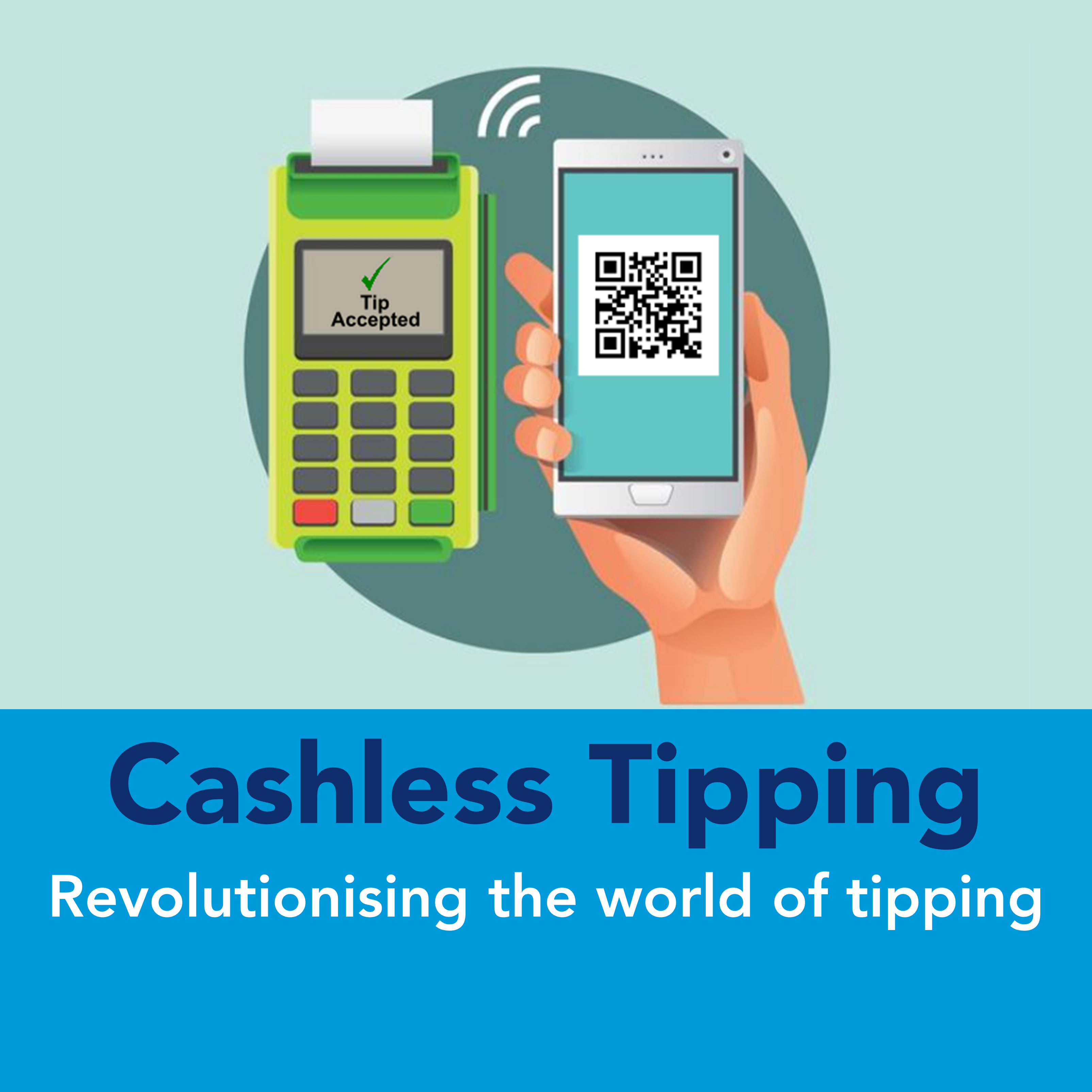If you’ve ever worked in hospitality, then it’s likely you’ve come across a situation where customers attempted to get a freebie. However, Wahaca’s recent PR nightmare put a spotlight on just this.
A group of diners walked out without paying and their server was made to pay the bill. The incident instantly went viral when @Sarah_Hayward who was dining at the time Tweeted about it. While Wahaca did respond with regret and apologies, reimbursing the employee. Since clarifying that their policy ensures no employee must pay in the instance of a walkout. Unless their manager suspects they were compliant.
This incident has brought a spotlight onto big restaurant brands and their attitudes towards walkouts and policies. Customers take a keen interest in where their monies go. They want brands to be transparent about the treatment of employees.
Many customers when tipping at an eatery expect this extra bit of cash to be going directly to the employees who served them. However, in the past, some restaurant brands have come under fire for not distributing tips fairly. In some cases even taking a small percentage. With card over cash payments increasing, how can customers be sure their credit/debit tips are distributed among the staff working?
80% of people under 30 rarely carry loose change, primarily transactions online or through card payments (facebook.com/wearetipjar/, 2019). Rosa’s Thai co-founder Alex Moore and BrewDog’s retail director James Brown are launching a new venture which will ‘revolutionise the world of tipping’. They’ve created ‘TiPJAR’ a cashless tipping scheme, made easy for customers and staff. Along with the bill, customers will be given a QR code. Using their phone camera, customers can scan the QR code and make their tip when redirected this way. The money goes directly to the employee, rather than the establishments piggy bank. Deciding how much you would like to tip. Each employee has their own unique QR code. By scanning it, the money will go directly to the server’s TiPJAR account.
The system is being introduced so consumers are safe in the knowledge their money goes directly to the person they want it to. Employees can also, keep better track and manage their tips. It creates an incentive for employees knowing their hard work will result in extra bonuses. The system won’t be introduced commercially until later this year. However, since the announcement of TiPJAR 2 weeks ago, it’s been live testing in a secret location in London and has collected over £1000 in tips.
With the introduction of this system imminent, it begs the question of what’s next for cashless tipping. I believe we could begin to be seeing hospitality brands adapting to having a separate cashless tipping system integrated into their EPoS.
It expects a lot from a customer to make two separate payments every time they’re wanting to tip someone. Only to ensure the tip is going where they want it to. Instead, servers could be given individual TiPJAR accounts on the till system. When a customer wants to tip, the server can easily keep track of this on the till as it will be added to their account. Creating a more seamless, transparent and efficient cashless tipping system. This benefits the company because staff are more likely to carry on giving great customer service to increase their tips, encouraging the best team members to stay on longer. Therefore, improving the customers dining experience, increasing the chances of repeat custom.
Celestra has over a decade of experience working with EPoS. Read about how we partnered with Flytech and Box Technologies to create the till of the future.
 En
En
 De
De 

